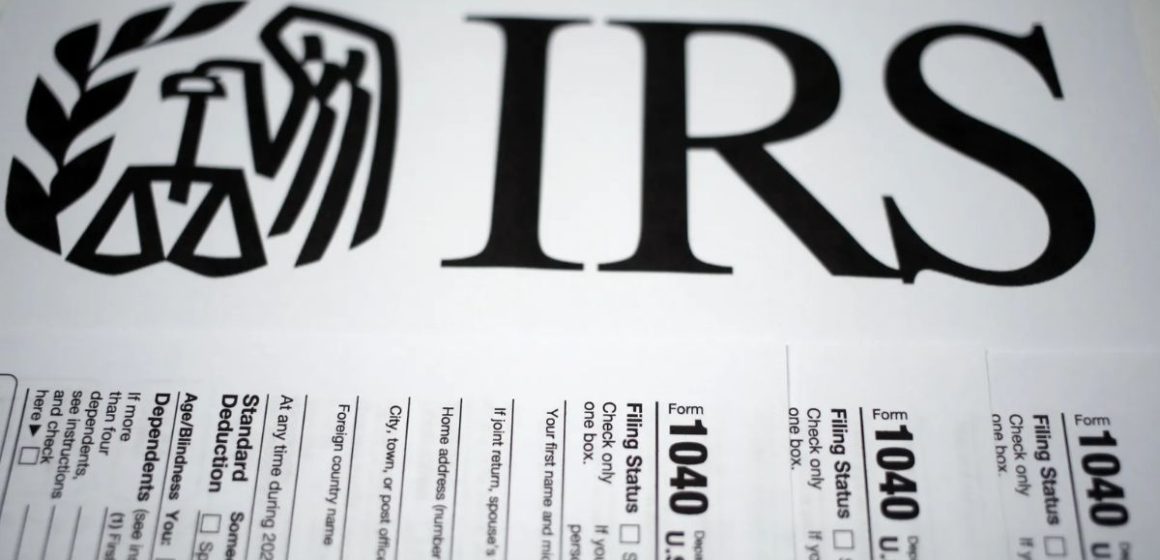The Internal Revenue Service (IRS) has officially announced an extension of the tax filing deadline for specific groups of taxpayers. This new guidance comes amid ongoing efforts to provide relief to individuals and businesses affected by natural disasters, overseas assignments, or other qualifying events that may disrupt timely filing and payment of federal taxes.
The latest announcement confirms a new filing deadline for eligible individuals, ensuring they have additional time to fulfill their tax obligations without penalties or interest. While the standard deadline for most taxpayers remains April 15, 2025, this extension will offer relief to those in impacted areas and situations.
Who Qualifies for the New Extension?
The IRS’s newly announced extension primarily targets three categories of taxpayers:
- Disaster-Affected Taxpayers: Those residing or operating businesses in federally declared disaster zones. This includes areas impacted by hurricanes, floods, wildfires, and other extreme weather events.
- Military Personnel and Support Staff: Members of the U.S. Armed Forces serving in combat zones or contingency operations, as well as support personnel.
- U.S. Citizens Abroad: American expatriates and certain non-resident aliens who are outside the U.S. on the original tax due date.
In the recent release, the IRS emphasized that individuals in declared disaster areas will automatically receive the extended deadline without the need to request it.
Summary Table: New IRS Tax Deadline for Eligible Groups
| Category | Original Deadline | New Extended Deadline |
|---|---|---|
| Disaster-Affected Taxpayers | April 15, 2025 | October 15, 2025 |
| Military in Combat Zones | April 15, 2025 | 180 days after departure |
| U.S. Citizens Abroad | April 15, 2025 | June 15, 2025 |
Details on the Disaster Relief Provisions
The IRS works closely with the Federal Emergency Management Agency (FEMA) to determine which regions qualify for tax relief. Once a region receives a federal disaster declaration, residents and business owners in that area are automatically granted additional time to file returns and pay taxes.
For example, if a hurricane hits a coastal region in March 2025 and FEMA declares it a federal disaster area, residents may have until October 15, 2025, to file and pay. This helps alleviate the financial stress during times of crisis, allowing individuals to focus on recovery.
According to the IRS, eligible filings that receive extensions include:
- Individual income tax returns (Form 1040)
- Business returns (Forms 1120, 1065)
- Quarterly estimated tax payments
- Payroll and excise tax filings
Importantly, taxpayers who file after the original deadline but within the extended period will not be subject to late-filing or late-payment penalties.
Relief for Military Members in Combat Zones
Military personnel serving in combat zones continue to receive generous filing extensions. By law, the IRS grants these individuals an automatic extension of at least 180 days after they leave the combat zone. Additionally, any time spent in the zone before the regular due date also extends the grace period.
For example, a soldier deployed to a combat zone in January 2025 and returning in June 2025 would have until December 2025 or later to file their taxes.
Eligible military personnel do not need to contact the IRS to receive this benefit, as the extension is automatic. However, those experiencing additional delays may request further extensions.
U.S. Citizens Living Abroad
Americans who are residing outside the United States on the filing deadline also qualify for a two-month automatic extension, moving the due date from April 15 to June 15, 2025. This applies to both individuals and joint filers where at least one spouse is living abroad.
However, it’s important to note that this is only a filing extension—not a payment extension. Any taxes owed must still be paid by April 15 to avoid interest. Additional extensions beyond June 15 may be requested by filing Form 4868.
How to Check If You’re Eligible
The IRS updates its Tax Relief in Disaster Situations page frequently with information on regions eligible for disaster-related relief. Taxpayers can also use the IRS Interactive Tax Assistant (ITA) online tool to verify their eligibility.
To check if your area qualifies, visit IRS.gov/disasterrelief or consult the FEMA disaster declarations map.
What If You Already Filed?
If you’ve already filed and later discover that your area was declared a disaster zone, the IRS may offer additional assistance such as penalty abatement or amended returns. In some cases, losses sustained during a disaster can be claimed on the previous year’s return, offering a faster refund.
Final Thoughts
The IRS’s confirmation of extended tax deadlines for affected individuals underscores its commitment to supporting taxpayers through unforeseen circumstances. Whether due to natural disasters, military service, or living overseas, these extensions provide much-needed flexibility and peace of mind. Eligible taxpayers are encouraged to review their status promptly and take advantage of the relief options available to ensure compliance and avoid unnecessary penalties.



Leave a Reply